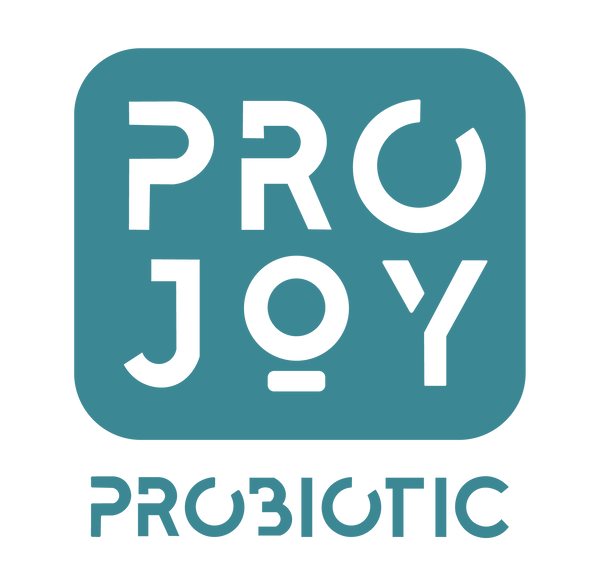
The Power of Probiotics: How They Can Help Manage PCOS Symptoms and Improve Women's Health
Share
Polycystic Ovary Syndrome (PCOS) is a hormonal disorder that affects 1 in 10 women of childbearing age. The exact cause of PCOS is still unknown, but it is characterized by high levels of androgens, insulin resistance, and multiple cysts on the ovaries. The symptoms of PCOS can range from irregular periods and acne to infertility and weight gain. In this article, we will discuss in detail what PCOS does to a woman and how probiotics can help with it.
What does PCOS do to a woman?
PCOS can affect a woman's reproductive, metabolic, and psychological health. Let's take a closer look at each of these areas.
Reproductive Health:
Women with PCOS often have irregular periods or no periods at all. This is because their ovaries do not release eggs regularly. As a result, they may have difficulty getting pregnant. PCOS can also cause an overproduction of androgens (male hormones), leading to symptoms such as acne, excess facial and body hair, and male-pattern baldness.
Metabolic Health:
Insulin resistance is a common feature of PCOS, which means that the body's cells are resistant to the effects of insulin, causing the pancreas to produce more insulin. This can lead to weight gain, high blood pressure, high cholesterol, and an increased risk of type 2 diabetes.
Psychological Health:
PCOS can also affect a woman's mental health. Women with PCOS have a higher risk of depression, anxiety, and eating disorders than women without PCOS. The physical symptoms of PCOS can also lead to low self-esteem and poor body image.
How can probiotics help with PCOS?
Probiotics are live bacteria and yeasts that are beneficial for the digestive system. They are often referred to as "good bacteria" because they help keep the gut healthy. Recent studies have suggested that probiotics may also be beneficial for women with PCOS.
Improved Insulin Sensitivity:
Studies have shown that probiotics can improve insulin sensitivity, which is beneficial for women with PCOS who are often insulin resistant. Probiotics may also help lower fasting glucose levels and reduce insulin levels.
Weight Management:
Probiotics may also be helpful for weight management in women with PCOS. Studies have shown that probiotics can help reduce body weight, body mass index (BMI), and waist circumference in overweight and obese individuals.
Improved Reproductive Health:
Probiotics may also have a positive effect on reproductive health in women with PCOS. Studies have shown that probiotics can improve menstrual regularity and increase the number of ovulatory cycles in women with PCOS. Probiotics may also help improve hormonal balance, reducing the production of androgens.
Reduced Inflammation:
Inflammation is often present in women with PCOS, and probiotics may help reduce inflammation levels. Studies have shown that probiotics can help reduce levels of C-reactive protein (CRP), a marker of inflammation in the body.
Conclusion:
PCOS is a complex disorder that affects many aspects of a woman's health. While there is no cure for PCOS, there are ways to manage the symptoms. Probiotics may be a useful addition to the management of PCOS. They can improve insulin sensitivity, aid in weight management, improve reproductive health, and reduce inflammation. However, it is essential to speak to a healthcare professional before starting any probiotic supplementation.
If you're interested in incorporating probiotics into your PCOS management plan, Consider Projoy Probiotic👇👇👇.
